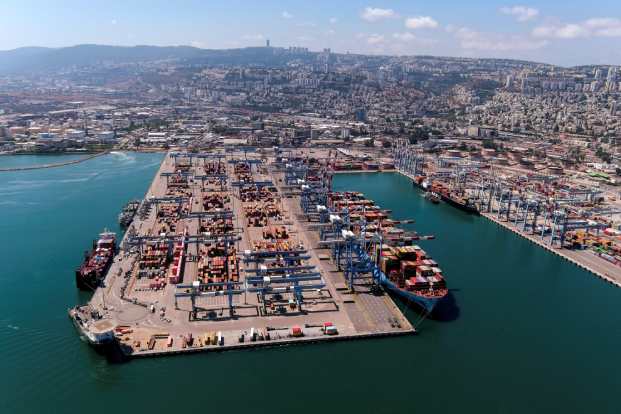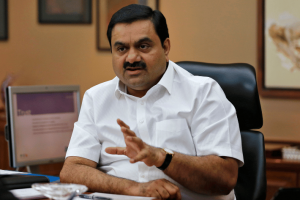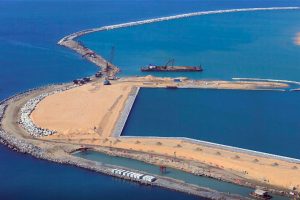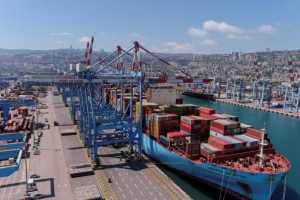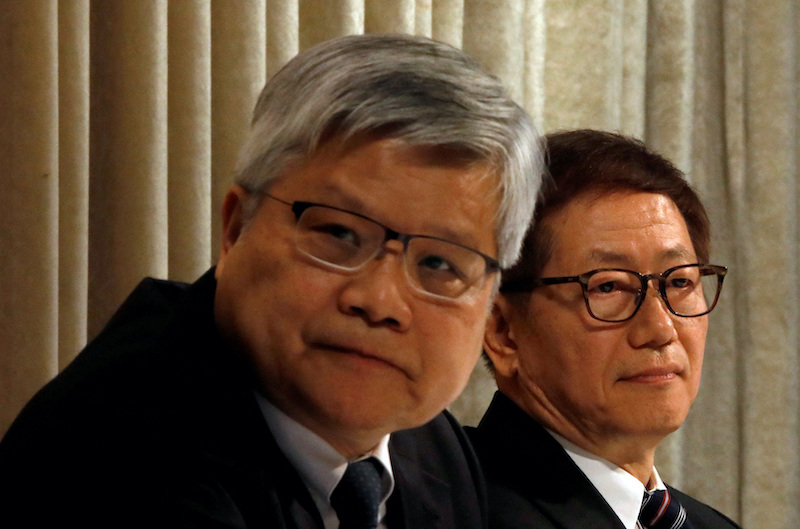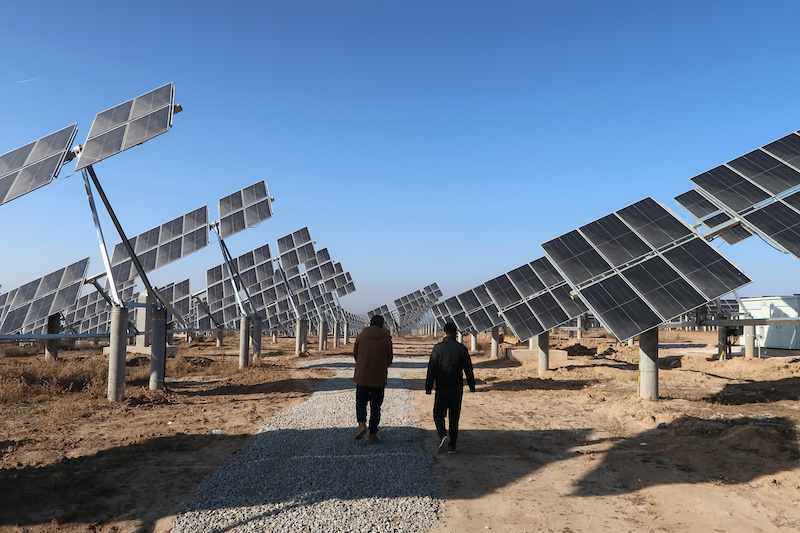Israel’s port city of Haifa has been drawing increased investment interest from Chinese and Indian firms as the country pushes for normal ties with its Arab neighbours, backed by the US.
This month, US President Joe Biden landed in the Middle East, while India’s biggest port developer Adani Ports and its Israeli minority partner Gadot agreed to buy Haifa port for 4.1 billion shekels ($1.2 billion).
Asia’s richest man and Adani Ports founder Gautam Adani tweeted that the deal was of “immense strategic and historical significance”, and the company is betting the port will become a link to Europe and create new trade lanes with Asia.
A year before, Chinese rival Shanghai International Port Group (SIPG) said it saw the same potential when it inaugurated its 5.5 billion shekel Bay Port container shipping terminal right next door.
Contest between Chinese, Indian and US interests
Their convergence on Haifa touches on a broader contest between Chinese, Indian and US interests, said Carice Witte, executive director of SIGNAL, an Israeli policy group that specializes in China-Israel relations.
“When you see China at a port in Haifa, Haifa now becomes an incredibly important strategic point,” she said. “Whereas maybe in the past it was not perceived that way, Israel in general and Haifa very specifically – its relevance as a piece on the puzzle has changed.”
The two ports are too big to serve just Israel, and officials expect the underdeveloped bay of Haifa to become a hub for trade and transshipment, meaning the handling of goods that are unloaded in Israel and then sent to other countries.
This would have been unthinkable just a decade ago, when Israel was politically isolated from potential trade partners in the region.
But while peace talks with the Palestinians remain stuck, Israel has normalized ties with new markets like the United Arab Emirates, Bahrain and Morocco, and all the while forging deeper trade ties with countries in the Far East.
Connection Between East and West
“Israel is a very important place, connecting east and west,” Miao Qiang, CEO of SIPG’s Bay Port, said at the terminal’s control centre. “All ships from the Suez Canal from east to west are (passing) through this area.”
Just outside, new cargo railways are being constructed that will link into the nationwide network and, should regional integration continue, potentially into Jordan, which could then link up Iraq and Saudi Arabia.
Adani Ports did not respond to requests for comment. Opher Linchevski, chief executive of Gadot, said the joint venture aimed to benefit from “the warming relationship between Israel and the Arab Gulf countries”.
The expansion of Haifa bay is also expected to alleviate problems with congestion, after crises from Covid-19 lockdowns to Russia’s invasion of Ukraine fed into a global supply chain crunch that earlier this year snarled a fifth of the global container ship fleet in ports.
Average ocean dwell times – the period a vessel spends at a port – are currently 2.5 days per load at the Port of Haifa, down from a peak of 3.5 days in May but is still 75% higher than at the start of the year, data from supply-chain tracking platform FourKites showed.
The country’s ports currently handle a total of about 3 million TEU, the standard unit for 20-foot containers. SIPG expects that to jump to 5 million TEU in five to eight years, at which point Bay Port’s capacity could double to 2 million TEU, with half of the business dedicated to transshipment.
- Reuters with additional editing by Jim Pollard
ALSO READ:
India Snares First Chip Fab With Israel’s ISMC – Mint
Intel Acquires Israeli Chipmaker Tower for $5.4bn
Israel May Halt Flights To Dubai Over Security Hurdles




